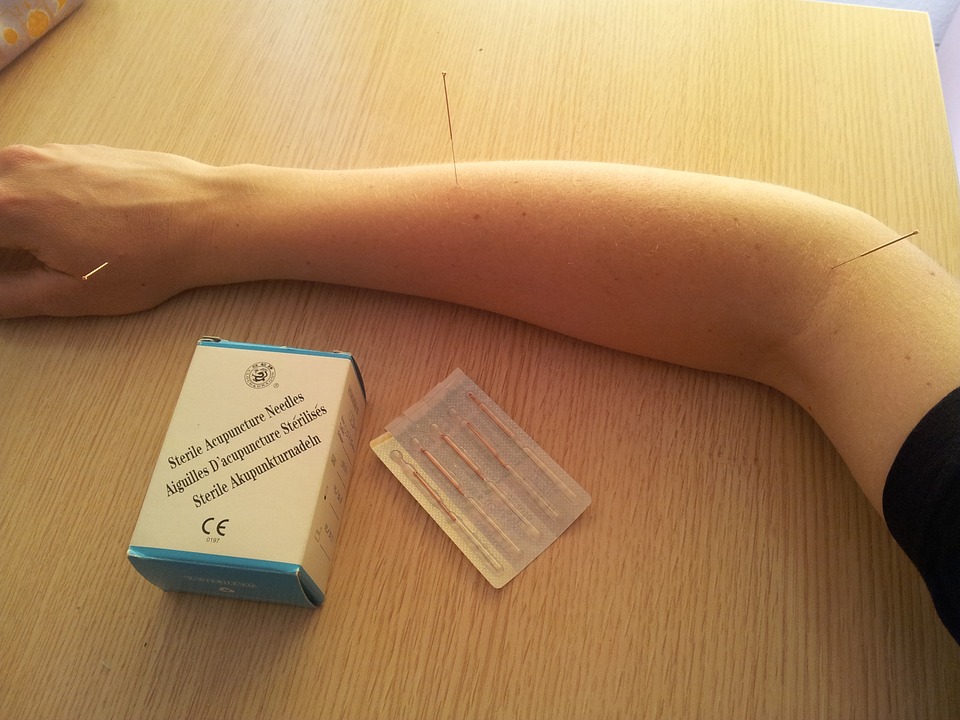
While conventional medical treatments may be the most effective types of interventions for people who stop taking drugs in the most acute stage of drug dependence, they may be less effective for individuals who are further along in the recovery process. In many instances, drug-seeking and drug-taking behaviors may be symptoms of far deeper psychological imbalances. This is one of the reasons why increasing numbers of detox facilities in Spokane are offering clients access to alternative healing methods as part of their programmatic offerings.
The Addiction Problem in the State of Washington
Addiction statistics in Washington state have escalated over the past five years. While addiction to prescription opioids and heroin is especially widespread in high-population urban settings like Seattle and Tacoma, methamphetamines are a scourge in more rural parts of the state, particularly throughout eastern Washington. Spokane has become a hub for Mexican-produced meth, some of which is sold in Spokane, but much of which is sold in nearby states like Idaho and Montana. In 2016, 115 Spokane residents died of meth overdoses; this was an increase of 40 percent over the number of deaths related to meth overdoses in Spokane in 2015.
What Is Holistic Addiction Treatment?
Holistic addiction treatment is an approach that focuses on helping struggling addicts integrate the responses of their minds, bodies, spirits and emotions. To this end, holistic addiction treatment touts techniques that may be outside the scope of traditional medical practices. These techniques don’t specifically aim to treat symptoms; rather, their goal is to provide therapies that have the potential to enhance wellness.
Holistic techniques that have been proven useful in the treatment of addiction include:
• Acupressure and acupuncture
• Therapeutic massage
• Yoga and meditation
• Reiki
• Biofeedback
Acupressure and Acupuncture
Acupuncture is a healing technique that originated in ancient China. The ancient Chinese believed that when channels called meridians are stimulated, the human body has the capacity to heal itself. The body’s own life force or Qi circulates throughout these channels, but in cases of addiction, Qi may be blocked. Acupuncture and acupressure work to release the Qi energy. Several acupuncture points on the ear are believed to be particularly helpful in reducing cravings and the other behavioral aspects of addiction.
Therapeutic Massage
Drugs like heroin and methamphetamine momentarily flood the body with pleasurable sensations. Later during detox, most patients experience somatic discomfort. Therapeutic massage can help relieve the discomfort that accompanies severe withdrawal, and it can also help simulate the positive physical sensations that individuals experience when they are first high.
Some scientists believe that massage stimulates the production of serotonin and dopamine, which function both as hormones and neurotransmitters. Additionally, massage may reduce the body’s production of the stress hormone, cortisol.
Serotonin is considered to be a natural mood stabilizer while dopamine plays a major part in reward-motivated reactions. Addicts in the early stages of recovery typically experience a marked decrease in body dopamine levels.
Yoga and Meditation
Yoga is a type of moving meditation that encourages mindfulness. Addiction, on the other hand, is the ultimate escape mechanism, which means that in a very real sense, it’s almost the opposite of mindfulness. It only makes sense, then, that one of the ways to lessen addiction’s hold is to pursue disciplines that enhance one’s ability to be present in the here and now. Other forms of meditation have the ability to enhance mindfulness as well.
Reiki
Reiki is another healing practice that seeks to activate the body’s own self-healing powers, In Reiki, however, the Reiki practitioner actively channels energy to this end. The Reiki practitioner can also take on and dissipate some of the negative energy the recovering addict is generating, which can help the recovering addict relax and let go of tension.
Biofeedback
Biofeedback therapy is a technique that permits recovering addicts to gain more control over involuntary body functions like heart rate and blood pressure. When a person is under stress, blood pressure will rise and the heart rate will increase.
Initially, electrodes will be attached to the addict’s skin; these electrodes will be connected to a monitor that will provide a stimulus response representing changes in various involuntary body functions. Over time, by watching these monitors and by practicing relaxation techniques, recovering addicts may be able to learn how to alter the brainwaves that lead to stress responses. Relaxation techniques that are used in conjunction with biofeedback include meditation, deep breathing and various forms of guided imagery.


